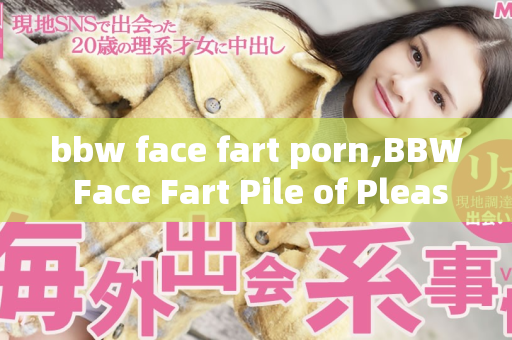
The digital age has ushered in a wave of content sharing that can sometimes blur the lines between privacy and publicity. One of the most controversial topics in this realm is the leaking of personal and intimate content, particularly when it involves public figures or influencers. The latest buzz revolves around "Sariixo leaks," which have caught the attention of netizens worldwide. The name Sariixo has become synonymous with a series of intimate leaks that have stirred discussions about privacy, consent, and the ethics of sharing such materials.
At the heart of the Sariixo leaks is the discussion surrounding the ethical implications of exposing someone's private moments without their consent. While some viewers might see these leaks as mere entertainment, it raises a critical question about the right to privacy. The individuals involved in these leaks often face severe ramifications, both personally and professionally. The conversation surrounding this issue has prompted many to reevaluate how they consume and share content online, highlighting the necessity for a more respectful and conscientious approach to digital media.
The content leaked under the Sariixo banner has not only garnered significant attention but has also sparked a wider debate about accountability in the digital space. With the rise of social media, many influencers and public figures share snippets of their lives, often blurring the lines between their public personas and private realities. When intimate content is leaked, it can lead to invasive scrutiny and a loss of control over personal narratives. This aspect of the Sariixo leaks has reignited discussions about the ethics of digital sharing and the responsibilities of both content creators and consumers.
Moreover, the Sariixo leaks have highlighted the vulnerability of individuals in the public eye. As more people turn to social media platforms for connection and engagement, the risk of personal information being exposed has increased. This situation serves as a stark reminder of the potential consequences of digital oversharing and the importance of safeguarding one’s private life. Celebrities and influencers must be particularly vigilant about the content they share and the platforms they choose, as the repercussions of a leak can be devastating, impacting their careers and personal lives.
As the Sariixo leaks continue to circulate, it is essential for consumers of this content to reflect on their role in this ecosystem. Engaging with leaked materials not only perpetuates a cycle of invasion but also normalizes the disregard for individual privacy. Social media users are encouraged to think critically about the implications of sharing or discussing leaked content. By doing so, they contribute to a broader culture that respects personal boundaries and promotes ethical consumption of digital media.
In conclusion, the Sariixo leaks serve as a potent reminder of the complexities surrounding privacy in the digital age. While the allure of such content may be hard to resist, it is crucial for individuals to prioritize respect and empathy over voyeurism. The conversations sparked by these leaks can lead to positive changes in how society views consent, privacy, and accountability in the digital landscape. As we navigate this evolving online environment, let us strive to create a culture that values human dignity and encourages responsible sharing practices.









